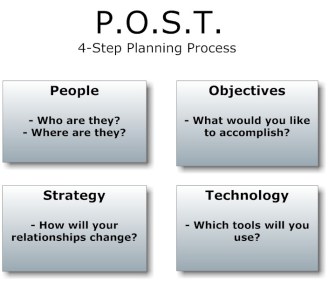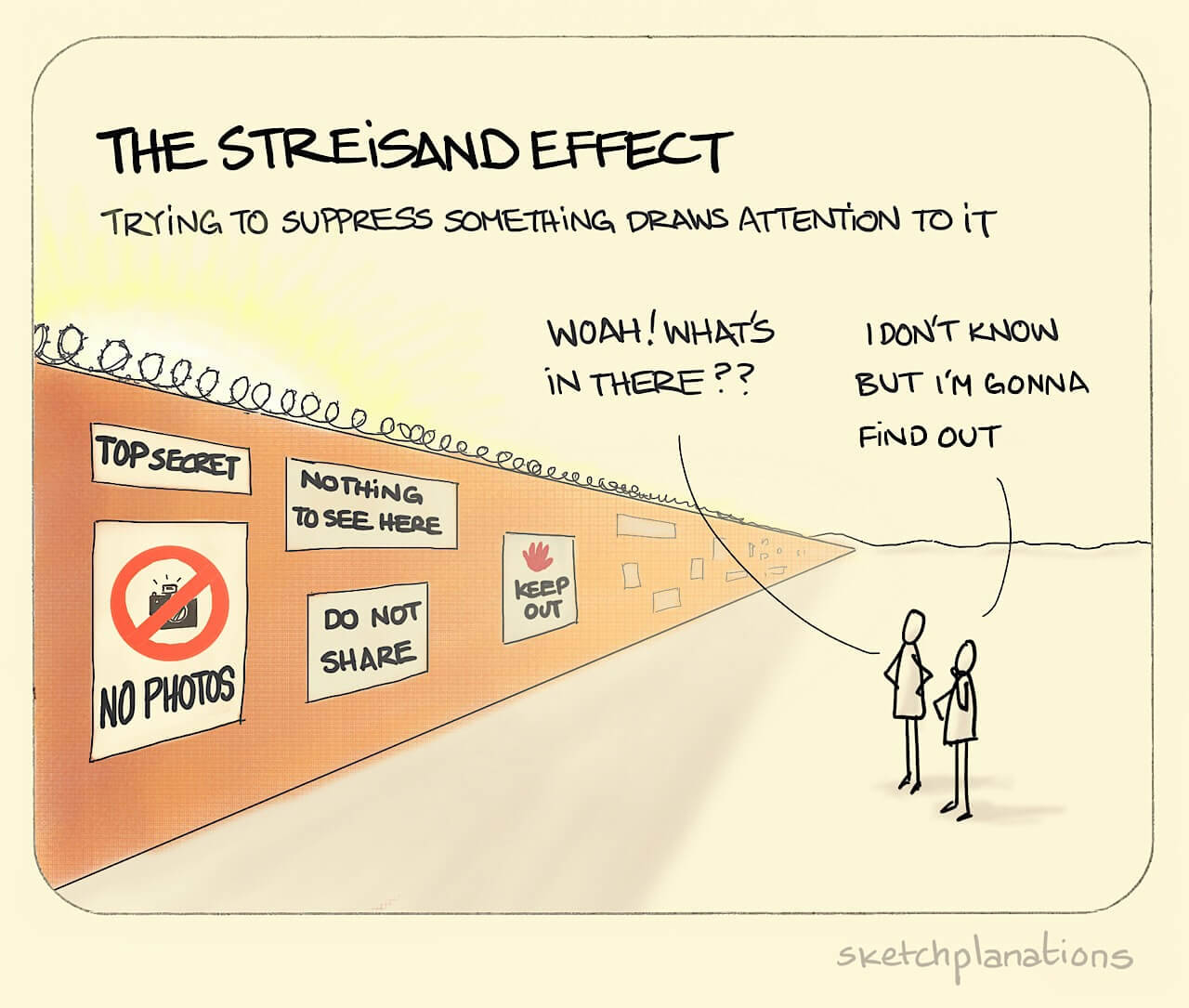Charlene Li and Josh Bernoff’s book “Groundswell:
Winning in a World Transformed by Social Technologies” is a great guide for
any business employee looking to make an impact in today’s world of social media
marketing, regardless of whether they are just starting out, or already a
tech-savvy expert. If the book has one main takeaway, it is that the
groundswell, which is public opinion that travels through the masses via the
internet, is unpredictable and uncontrollable. In Li and Bernoff’s words, “this
movement can’t be tamed. It comes from a thousand sources and washes over
traditional business like a flood. And like a flood, it can’t be stopped in any
one place. Often it can’t be stopped at all” (9).
 |
Flood preparation is good for us to practice in the digital world as well as the real one! |
To employees and business owners who are unfamiliar with
online methods of communication, all of this may sound intimidating, and maybe
even a little bit scary. Not to worry! In chapter 2, the book outlines many of
the different methods of online communication, and how they can be beneficial from
a marketing perspective. If is important to note, however, that the focus
should be less on mastering specific platforms, which are always changing, and
more on what your goal is in using technology to enhance your business.
Li and Bernoff recommend “[taking] a step back and [asking] yourself, ‘what are
my customers ready for?’ and then ‘what are my objectives’? Once you know that,
then you can start planning” (67).
 |
The P.O.S.T. method is a great way of figuring out what your goal is in using social media |
Another big difference between traditional forms of media and online marketing is that customers, rather than company executives, create the narratives surrounding a company. Readers who are used to a more old-school approach to communication may be surprised to hear that their messages may now be twisted in ways they would never have expected in this new re-mix culture. Trying to erase content from the internet is in many cases futile; it can actually cause a so-called “Streisand Effect” where “attempts to remove content from the Internet cause it to spread broadly instead” (7).
Negative feedback will always exist on the internet. Rather
than focusing all of a company’s resources on the impossible task of pleasing
everyone, business-people should leverage the potential of the groundswell to help
spread positive messages to their consumers. One great example of such a
strategy is brought up in chapter 3 through “AFOLs”, or “Adult Fans of Lego”,
who make up “5 to 10 percent of the company’s sales- at least $50 million. . .
AFOLs tend to congregate online, so the groundswell is a great way to reach
them” (39).
 |
Is Sheldon Cooper an AFOL?? |
Overall, Li and Bernoff do an excellent job of detailing to
us the ways in which social media can be an asset, while also cautioning the
ways in which it can spiral out of the user’s original control. For better or
for worse, the groundswell is here to stay, and people are able to make their
voices heard louder and clearer than ever before.
Have you ever had an experience online where peoples’ response
wasn’t what you expected? Let me know below!

Hi Allison,
ReplyDeleteYou have such great visuals in this reflection post which I think is a great way to elaborate on and communicate the facts and ideas from our textbook to the class. I especially liked the first one likening preparing for a crisis in the digital world to preparing to a flood. It was very eye catching and a great way to start off more academic post. I think it eases the reader in to the more serious stuff. You also highlight a lot of good concepts for us to recall from the text like the Streisand effect and the P.O.S.T. method for businesses and organizations.
As for your question, I think I grew up watching my peers experience internet faux pas and developed a fear of making a mistake with my own posting that could be interpreted wrongly. Sometimes this fear has been helpful but other times I think it's more stressful than anything else.
Negative feedback will always exist on the internet. Yes, I think it is correct. Many companies have nothing to do with this situation, they can only let it go, but they don't know that these negative feedback damages the brand every minute until people shift their attention. It is a good choice for companies to clarify in time or take the initiative to divert attention. Delays will only make the rumors spread far and intense.
ReplyDeleteFor your question, yes, I have encountered a similar situation. I think this is due to people's understanding of things and the purpose of they made comments. Some people really want to answer questions, but they might don't understand the topic. Others maybe just want to find a place to shout for vent their emotions.
Hi Allison,
ReplyDeleteI like the idea of Flood preparation. It is like a new beginning and companies should not be scared of starting afresh on the board. They should critically look at what strategy works best for them, if one fails another one is there. While looking for new strategies they should make use of POST.
Hi Allison,
ReplyDeleteThis is very nice blog about reflection from the Groundswell, and thanks your blog which can help me to better understand the means from this book. Actually, compared with the traditional media, digital media is too fast spread messages. I had a experience about I always see some comment I unpredictable. especially news. These bad feedback could make a negative influence.